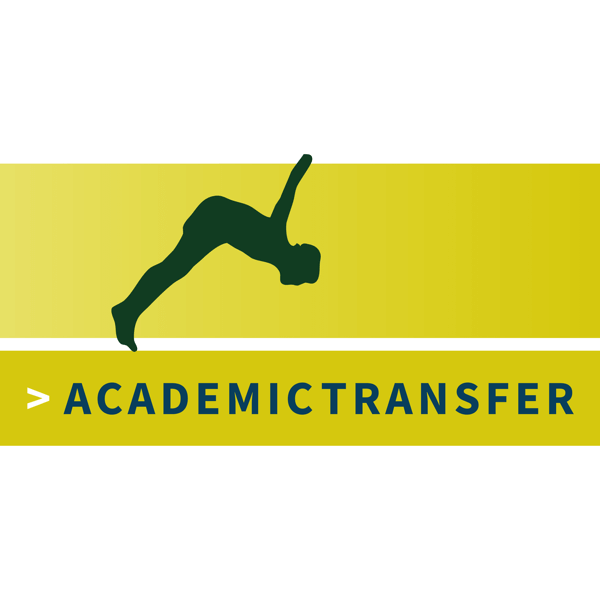
Engaging teaching at the graduate level
As I’ve been writing about teaching and active learning in previous posts, I thought that for today special attention to graduate-level courses is due. At times, it may seem harder to put elements of active learning into upper-level courses, as these courses often deal with complex topics that are not very suitable for “quick” exercises. Nonetheless, I think we can do a lot to make our graduate level courses more engaging, without compromising on the depth and technical level of the material.
Here are a few ideas on how we can spice up our graduate courses:
- Case studies: For Masters courses, use real-world scenarios to contextualize theories. In PhD classes, encourage students to dissect and critique these cases, fostering a deeper analytical approach. I also like to organize workshops in class, in which we go through a case study step by step.
- Group projects: Group projects can foster collaboration. You may want to consider adding an element of peer-review or cross-group consultation to deepen the intellectual exchange. You can create an extra dimension if you make the topic interdisciplinary.
- Interactive lectures: Use technology like clickers or polling software for in-class quizzes, or go for the low-tech interactivity with debates or peer-led discussions.
- Flipped classrooms: Reading is good for graduate students, so centering a flipped approach around videos and reading can be an adequate approach for graduate level courses.
- Guest speakers: Invite industry experts or academics to for real-world insights. For an added level of depth, students can prepare questions around a paper of the guest speaker.
- Workshops: Host skill-based workshops for Masters students. PhD students could benefit from more advanced workshops, possibly even leading sessions on their expertise. The options for workshops certainly are broader at the graduate level.
- Field trips: You can consider adding a field trip in class. Check the regulations of your university in advance, as the safety requirements around the organization of field trips may be stringent.
- Journal clubs: Encourage Masters students to present and discuss recent research papers. In PhD courses, these discussions can be more critical, analyzing methodology, implications, and tying the discussion back to research questions and the gap in the literature.
- Simulation games: Use simulations to teach complex concepts in Masters programs. PhD students can design or customize these simulations, applying their advanced knowledge. You can also challenge PhD candidates to develop an educative tool that can demonstrate concepts to the undergraduate students.
- Peer Teaching: The best way of mastering a topic is to teach it to another student. You can invite students to read up on a topic and teach the lecture in your place.
- Virtual Reality (VR): Relatively new in education, but we already see some exciting opportunities here: we can explore how we can use VR if a field trip or lab work is not an option.
- Self-Directed Learning: While essential at both levels, for PhD courses, emphasize the creation of a personal learning path, which can be guided but more independently managed.
Active learning is not a one-size-fits-all approach. What works in one group of students may completely fail the next semester. Moreover, the approach may need to be different for Master’s students than PhD students.
Now, it’s your turn to share! What active learning strategies have you implemented in your graduate courses?



